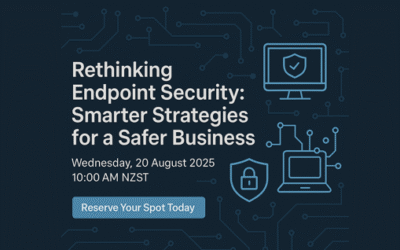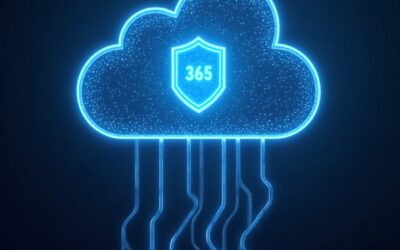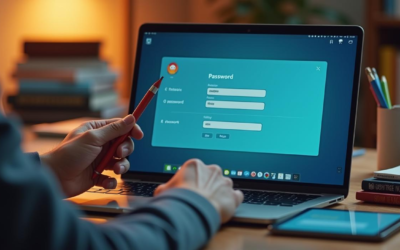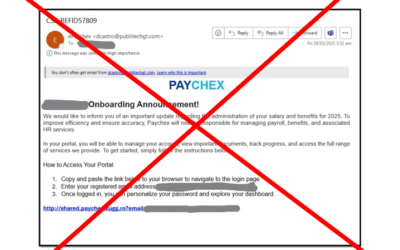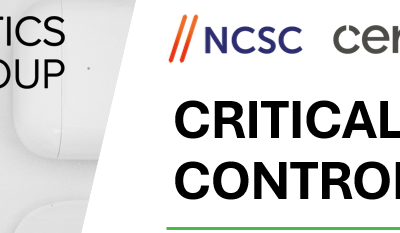This sounds like a nightmare that could never happen.
US soldiers have been putting sensitive information online in non-secure third party websites. It defies belief, yet we’re reading that it happened. The story popped up on ‘Gizmodo’ .
It is alleged that US Soldiers were saving sensitive information on a couple of common flashcard sites, presumably of things they were trying to memorise and learn. It seems these are common learning tools used in universities to help students memorise facts. That works well so long as the facts aren’t top secret! Even worse, their settings were on ‘public’ not ‘private’!

It is a classic warning about the risk of people, however well intentioned, saving critical data online in places the organisation is unaware of, and can’t control. That’s why our KARE FOUNDATION proactive cyber-security plan helps identify use of these sites in your organisation.
For more detail : Why you need to know all the cloud services that your organisation uses – part 2 – (US DoD Nuclear Secrets!) – IT Solutions and Managed Services (kinetics.co.nz)
Shadow IT is part of our 10-point cyber-security check list
While there is no single layer of technology that can guarantee you will be safe from hackers, you can reduce your risk by adding layers of protection. How many of our 10-point check list are in place for you?
Webinar Replay: Rethinking Endpoint Security: Smarter Strategies for a Safer Business
Cyber-protection keeps getting more complex, more restrictive and more expensive. This month we are talking with expert Thomas Shobbrook. He updates us on the latest security trends and help us understand how well protected your device is out-of-the-box. We ask...
Webinar Replay – Securing the Mobile Frontier: Cybersecurity Essentials for Phones and Tablets for Modern Businesses
As mobile devices become the backbone of modern business operations, they also present a growing target for cyber threats. Apple or Android - they're both important. Every time you use these to access your Teams, Email or anything else, you are relying on them to be...
Device Code Phishing: A Dangerous New Scam You Need to Know About
Device code phishing is a sneaky new way hackers are stealing people's online accounts. In device code phishing, threat actors exploit the device code authentication flow to capture authentication tokens, which they then use to access target accounts, and further gain...
June 2025 Report: Cyber is now the THIRD largest economy in the world
As we approach the midpoint of 2025, New Zealand’s cyber security landscape continues to evolve rapidly. With digital transformation accelerating across sectors, the country faces a growing array of cyber threats—ranging from financially motivated scams to...
Webinar Replay -Enhancing Your Security Posture with Microsoft Secure Score
This webinar replay covers the essentials of Microsoft Secure Score. Secure Score is a powerful tool designed to help businesses assess and improve their security across Microsoft 365 workloads. We will explore what Microsoft Secure Score is, why it is crucial for...
Webinar Replay – 5 mistakes people often make with passwords and how to overcome them
Passwords are the first line of defence against cyber threats. However, many people still make common mistakes that leave their accounts vulnerable. Watch this video for a 30-minute webinar where we will discuss the most frequent password pitfalls and how to avoid...
Who’s been paying attention?
We’re really proud of our clients! Last week, these little pieces of ill-intentioned mischief popped up for a couple of the businesses we look after.They were smart enough to evade anti-spam software but not the cyber-training. Although the emails look legitimate,...
Don’t let these common security gaps take your business down.
We’re only a few months into 2025, and already we’ve seen businesses hit hard by cyberattacks they could have prevented. Every time we conduct IT security checkups, we find the same critical vulnerabilities—gaps that could lead to serious downtime, data loss, or...
NCSC warns law firms
It’s not surprising that legal practices are targeted by cyber-criminals.By their very nature, they hold considerable amounts of private “PII” data (personally identifiable information). On top of that, law firms are typically busy, pressured environments where it is...
Webinar Replay – What are the NZ Government recommendations for SME Business cyber-security?
What are the NZ Government recommendations for SME Business cyber-security? How does your business match up?CertNZ has been rolled into the new National Cyber Security Centre. They've released the 10 Critical Controls and a Cyber-Security Framework? What do they mean...

